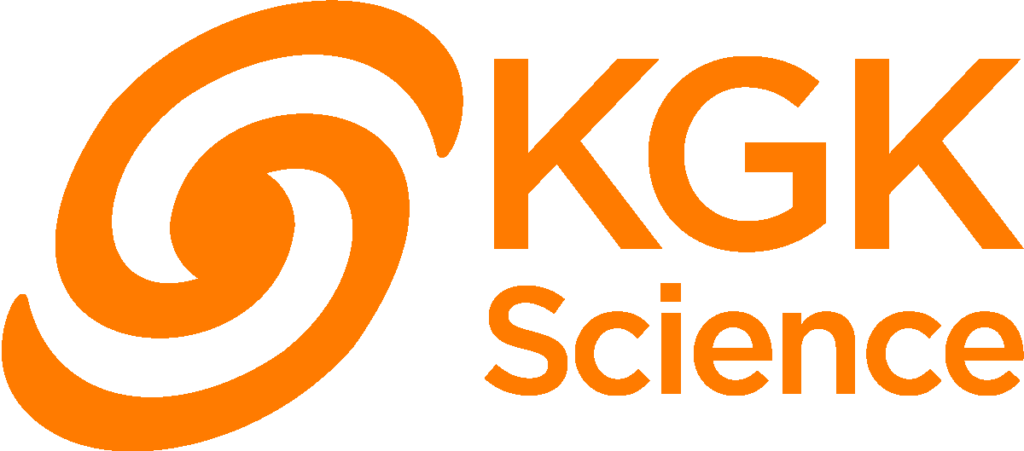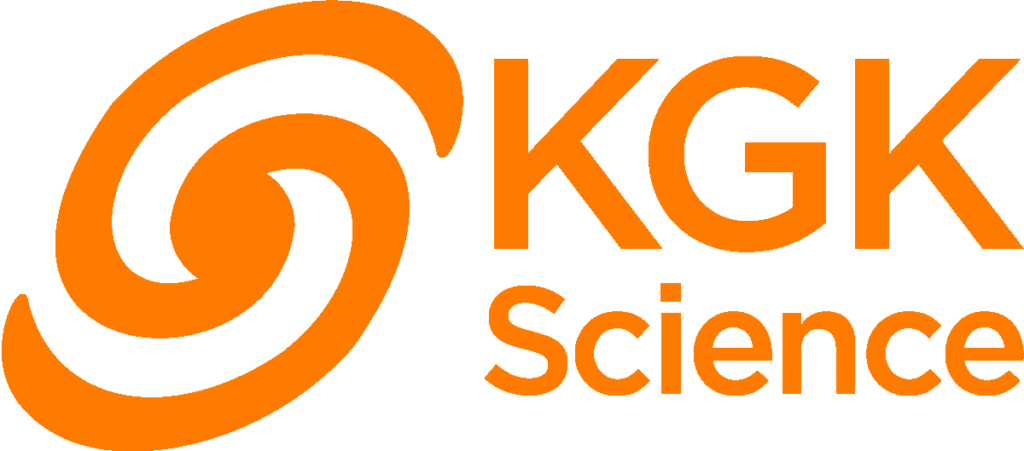
Although the pandemic has posed challenges for everyone, frontline healthcare workers have faced unique struggles and are experiencing significantly increased stress due to their jobs. Factors like higher workloads, hazardous conditions, and stigmatization have led to greater mental health concerns than pre-COVID-19 levels. Previous bio-disasters, including SARS, MERS, and Ebola, demonstrate that the mental health issues faced by healthcare workers during a pandemic can have long-lasting effects. These concerns have often gone unaddressed; given the current situation, they require urgent attention.
Frontline healthcare workers already experience a disproportionate level of mental health issues compared to the general public; the severe circumstances of COVID-19 have only intensified workplace stress. Occupational burnout manifests as fatigue, emotional exhaustion, negative feelings about one’s job (including detachment from clients and coworkers, and cynicism towards work), and decreased personal accomplishment. Burnout can lead to anxiety, depression, PTSD, increased suicide rates, and lower quality of patient car
Psychedelics have emerged as a promising area for treating depression. Clinical studies indicate that psilocybin-assisted therapy can produce significant and lasting reductions in depressive symptoms, even for those with treatment-resistant depression.
There is a pressing need to find solutions for healthcare workers suffering from major depressive disorder. As the scientific understanding of psychedelic compounds and their safe applications expands, anticipation for widespread access to these medicines grows. Thus, it is essential to study the efficacy of psychedelics in populations that could benefit most, such as medical and mental healthcare professionals.
Eligible Participants will Need to:

- Adults 18–65-year-old
- Are frontline healthcare workers who worked during the COVID-19 Pandemic
- Have been diagnosed with Major Depressive Disorder
- Have used a psilocybin-assisted therapy training program
- Able to swallow pills

Are you a Health Care
Worker Suffering from Major Depressive Disorder?

if interested in participating, Sign Up below by completing our questionnaire.







